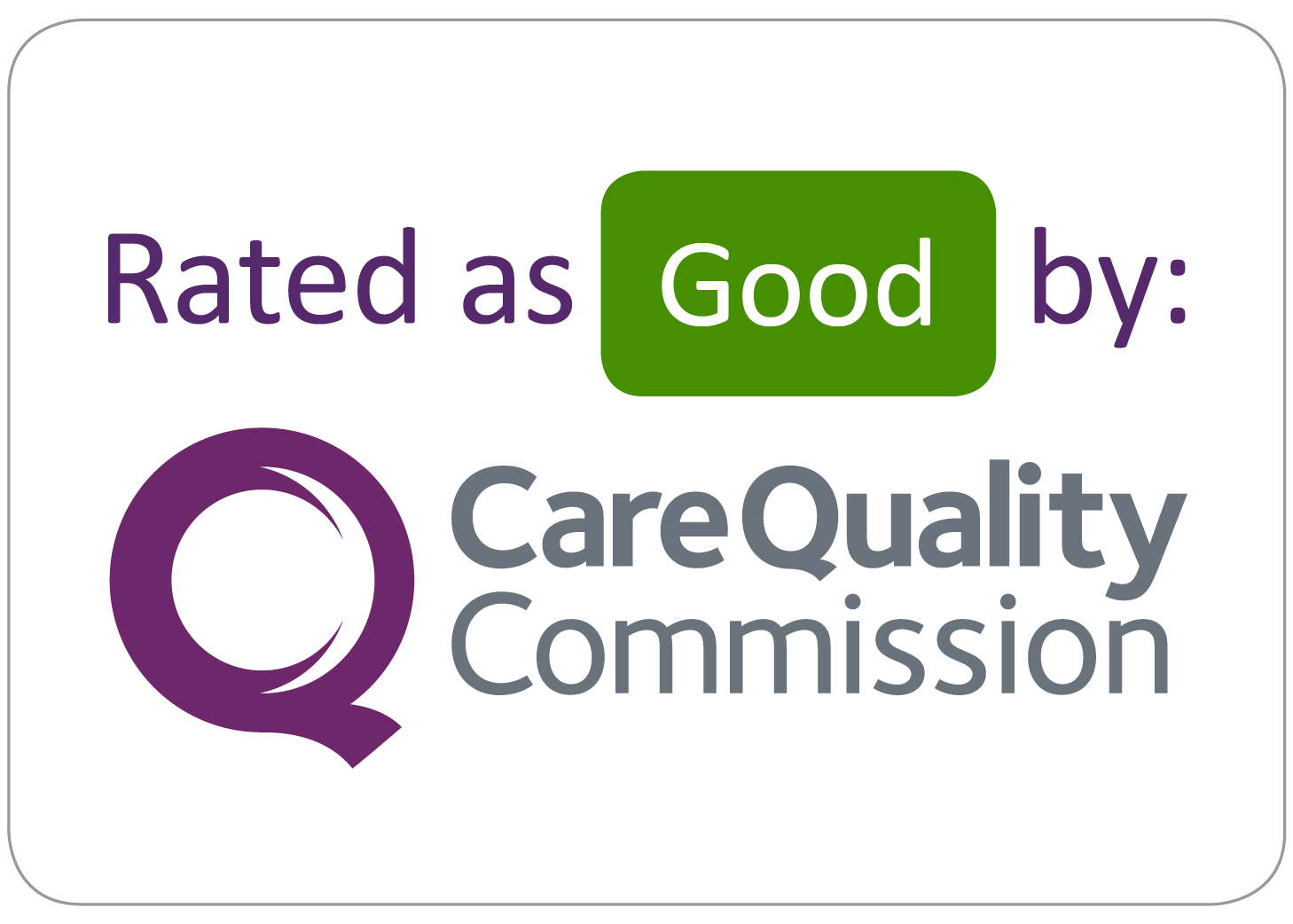Patients, Carers and the Public in Health Research
Healthcare research is essential in helping the NHS work out which treatments work best for patients.
Patients, carers, and the public are vital to health research. Without their help and contribution research would not take place.
Research trials and studies are an important step in discovering new treatments to improve patient benefit, and by undertaking high-quality research we can understand how to improve NHS healthcare now and for the future.
Take a look at the sections below to find out what participants think of research here at the Trust, where to go to participate in/or get actively involved in research, how the research cycle works and why research is important. Click here to read our information and guidance about research for patients and their carers.
You can see all our current research studies open at CHFT here.
What our patients say about taking part in research at our hospital
Results from our Patient Research Experience Survey
Between April 2024 and March 2025 we asked 160 of our research patients for feedback on their experience of taking part in research at our Trust. This is what they told us:
86% of participants said that the information they were given prepared them for taking part in the study.
83% of participants said that researchers valued their taking part in clinical research.
92% said that research staff treated them with courtesy and respect. .
78% of participants said they would consider taking part in research again.
Over 55% of participants knew how they would receive results of the research they were involved in.
Patient comments:
“Everything has been positive. The staff have been brilliant and always welcoming.”
“Always felt fully supported throughout the study. (Anonymous) has been amazing with taking blood (others struggle at the best of times)! He’s always cheerful and welcoming!"
“Well organised, pleasant staff, kept informed.”
“All staff are really friendly and professional and really put me at ease. I don't like needles but hardly felt anything when I was injected. Everything ran smoothly.”
“Feeling of being part of something that may help others in the future.”
"I feel I am being looked after even during the Covid lockdown, I was and am able to call the health care nurse with any queries and problems I'm experiencing. They are able to advise me and get me the help I need."
Patient Research Champions (PRC)
We currently have three volunteer Patient Research Champions (PRC). Their role is to help promote opportunities to take part in research within our Trust to:
Be part of the public facing team for research within the Trust
- Collaborate with staff to improve research opportunities and communications
- Liaise with other PRCs across the Yorkshire and Humber region to share learning and experiences.
If you would like to sign up to be a Patient Research Champion at CHFT please view the following information.
You can also find additional information about what it means to be a Patient Research Champions and what others have experienced in this role at the following website: https://www.nihr.ac.uk/patients-carers-and-the-public/i-want-to-help-with-research/research-champions.htm
CLICK HERE TO VIEW PAM & ANDREW'S RESEARCH STORY
Patient Story
Myeloma XIV (FiTNEss) Study: Frailty-adjusted therapy in Transplant Non-Eligible patients with newly diagnosed Multiple Myeloma.
Our patient, 73 years old, is a cyclist, skier, and has run 15 marathons. He met his wife behind the school bike sheds and they married in 1953.
He suffered a groin strain after a 4-mile run and was referred for a pelvis x-ray by his GP, which didn’t flag anything untoward. He returned to his GP in February 2021 with new lower back pain and was sent for more tests. Unfortunately, the tests showed a diagnosis of Myeloma.
He was seen by Dr Gill and our Research Nurse Sam to discuss potential treatment options. The current standard care for patients in this situation was set doses of Lenalidomide and Dexamethasone based on their age. However, the FITNESS trial offered the addition of Ixazomib for our frail and elderly myeloma patients who are unable to have stem cell transplant.
He agreed to participate in the trial and was randomised to receive frailty adjusted doses of chemotherapy. His frailty score was 0, he was classed as fit, and therefore received the maximum dose possible when he started treatment.
He completed 12 cycles of treatment and was then randomised again to decide his maintenance treatment, Lenalidomide + Ixazomib or Placebo. The current Gold Standard for maintenance treatment was Lenalidomide only, so the FITNESS trial offered participants a 50/50 chance of receiving Ixasomib in addition. This was a blinded treatment, and our clinical pharmacy team dispense drugs using an allocated KIT number to ensure we don’t know what the participant is receiving.
So far, he has had 29 cycles of maintenance treatment. The FITNESS study gave him additional options to standard care, the best treatment and advice. Our patient said, “Everything is about progress. In the last 5 years in particularly, treatment for myeloma has moved on immensely – only possible because of research. If I need to take these meds for the next 10 years then so be it, it’s better than the alternative!” He sees the FITNESS study as being the vehicle to him living his life – holidaying, walking, cycling and it helps him carry on being a ‘drinker of beer’!
Other opportunities to become involved
You can also take part in research by registering and looking for studies through the NIHR 'Be Part of Research' website: https://bepartofresearch.nihr.ac.uk/
See the latest opportunities on the ‘People in Research’ website: https://www.peopleinresearch.org/
Occasionally there are opportunities available which are based on a specific topic with organisations such as the James Lind Alliance: http://www.jla.nihr.ac.uk/
You may also wish to volunteer at the ‘BioResource’ or the ‘Join Dementia Research’ initiative:

















